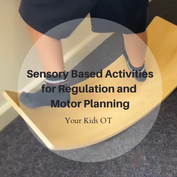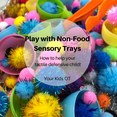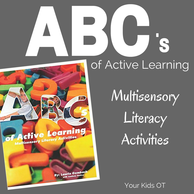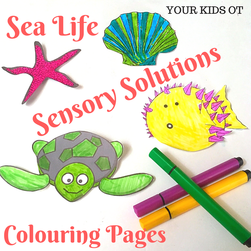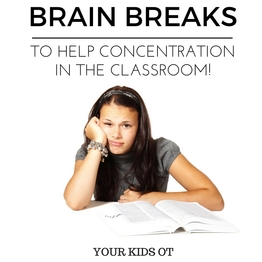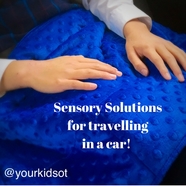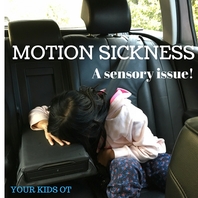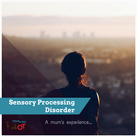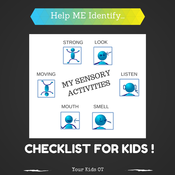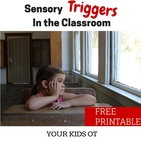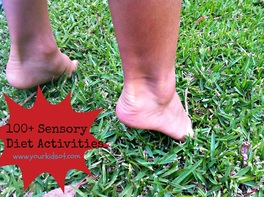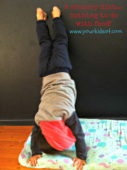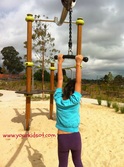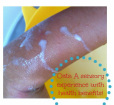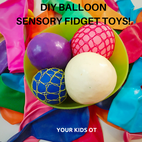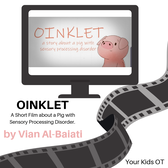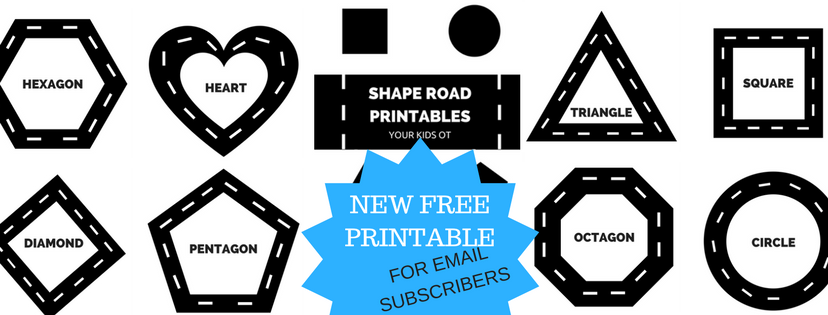Sensory Modulation Skills
|
Everyday, we receive information from our senses through our eyes, nose, mouth, ears, skin and joints. We use this information to interact with the people and environment around us. Occupational therapists refer to sensory systems comprising of visual, auditory, proprioception, vestibular, tactile, olfactory (smell), oral motor and interoception (internal senses).
Each of us process this sensory information in different ways and our brains need to organise this information so that we can function in everyday situations such as in the classroom, at home or the playground. Some children experience difficulty with sensory processing and this may be seen in a variety of ways including... behavioural difficulties, withdrawing when touched, fearful of ordinary movement, sensitivity to noises, seeking out movement, poor balance, impulsivity, poor organisational skills, etc. Some children will seek sensations and some will avoid them. A "sensory diet" aims to help a child to prevent sensory and emotional overload by satisfying the child's nervous system. If you are concerned that your child may have a sensory processing difficulties, please seek the advice of an Occupational Therapist for an individual assessment. Information you will find on this site with regard to sensory processing will be general in nature. |
|



